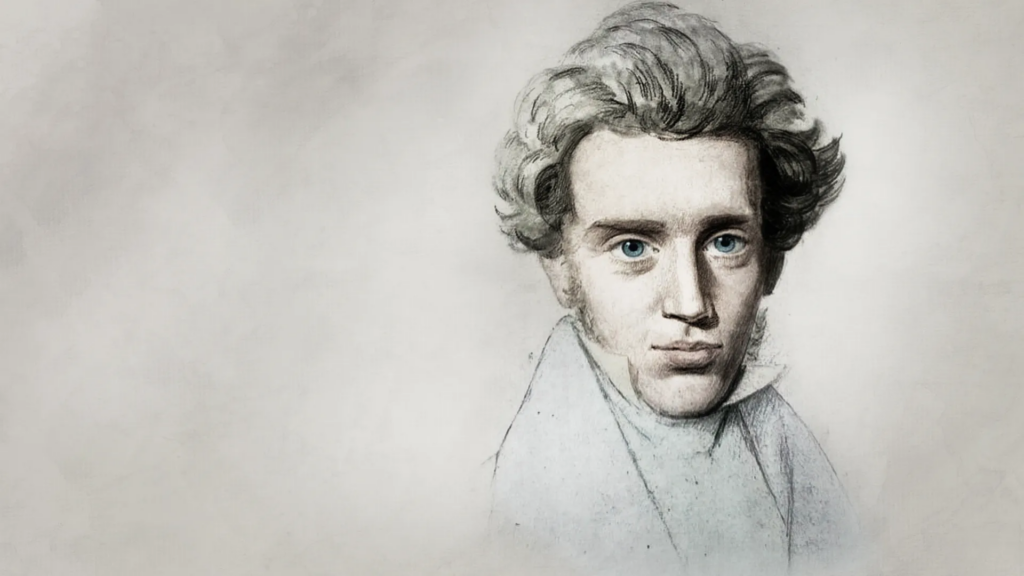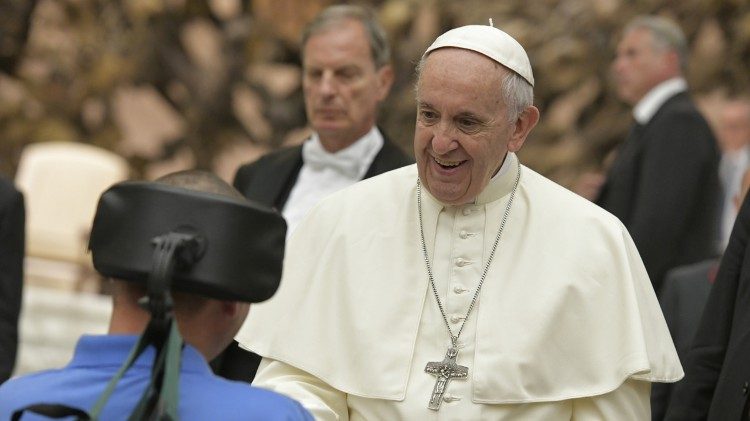The genealogy of the Christian
The father loves his son for who he is and not for what he does

The sense of divine filiation nourishes the contemplative life and this in turn reinforces it. The contemplative life leads us to discover, recognize, and understand the presence of God in creation – as author – and in our personal history. Distinguishing that divine quid in the world that is God’s work is to love it, not only from a declarative point of view or as a mere desideratum, but trying to align it – with our good works and work – to the will and plans of God. But adjusting it to the divine “standards” implies that the acts are executed with the righteousness of intention, with the best possible good nature, and, with expertise tailored to the talents and abilities.
We discover God and “feel” in the world, in things. His presence permeates and floods everything, even if it is not palpable at first glance. He is also present in the “other”, in the “others”, who are creatures made in the image and likeness of God; therefore, in addition to the respect and veneration that we are accorded, understanding, solidarity, fraternal correction, forgiveness, charity…, etc., are attitudes that emerge precisely from seeing the world with the eyes of Jesus. In short, it is up to the Christian to touch the present with the hands of Christ; welcome the past with its merciful heart; and, perceive the future with the patient and hopeful gaze of Christ.
In short, contemplation would be an act of recognition and gratitude for the exteriority of God: his creation and his works. While the sense of divine filiation would be like kissing his interiority, becoming aware – and corresponding – that God loves us specifically as Father. Without a doubt, the sense of divine filiation presupposes a bond that far exceeds the relationship of friendship, faithfulness, servant, etc., it is deeper, it is a reality that is based on the order of being. To be a son is to be part of, to conform to, his divine nature.
That binding paternal love by the express will of God, assures us and outlines a genealogy, an origin and a destiny. At the same time, in this valley of tears, divine filiation gives an intimate, filial tone, trusting in prayer, creating in the soul a happy, optimistic, bold attitude, capable of facing companies and tasks without letting itself be daunted by eventual disappointments and difficulties, nor succumb to hustle and bustle. As Father, what does God want? May we “live in his house – in the middle of this world – may we be part of his family, may what is his be ours and what is ours be his” (Saint Josemaria). In his house, God speaks continually in a thousand small details of each day. Why doesn’t he talk about big issues or entrust important matters? It will be because we are his children, his little ones, and he does not want our exploits or great epics… he wants our hearts.
A boy asks his father to buy him a toy that is sold… in the city center, and he also announces it to him the day before Christmas. His house is distant. That the father bought it for him at that precise moment, we can doubt, and we can even understand his refusal. However, what is not in dispute is the child’s audacity, confidence and certainty that what they are going to hear and, if he insisted, he would manage to persuade his father to go together and buy it. Moral, that child fully knows he is a son.
A four-year-old boy approaches his father and hands him a sheet of paper with a drawing: “here we are both.” The good man takes the sheet, looks at it, turns it over, places it at a distance, against the light… in that scribble – crossed lines without harmony – he wanted to find something that reinforces that both are together. The child with his gaze has followed all of his movements. The father notices the composition of the moment. He puts down the blade, picks up the child and hugs him tightly to his chest. The boy wanted to be with his father and not get a prize for the drawing. Moral, the father loves his son for who he is and not for what he does.
Related

His Hope Does Not Die!
Mario J. Paredes
24 April, 2025
6 min

The Religious Writer with a Fighting Heart
Francisco Bobadilla
24 April, 2025
4 min

Francis. The Human and Religious Imprint of a Papacy
Isabel Orellana
24 April, 2025
5 min

Cardinal Felipe Arizmendi: With the Risen Christ, There Is Hope
Felipe Arizmendi
24 April, 2025
6 min
 (EN)
(EN)
 (ES)
(ES)
 (IT)
(IT)

